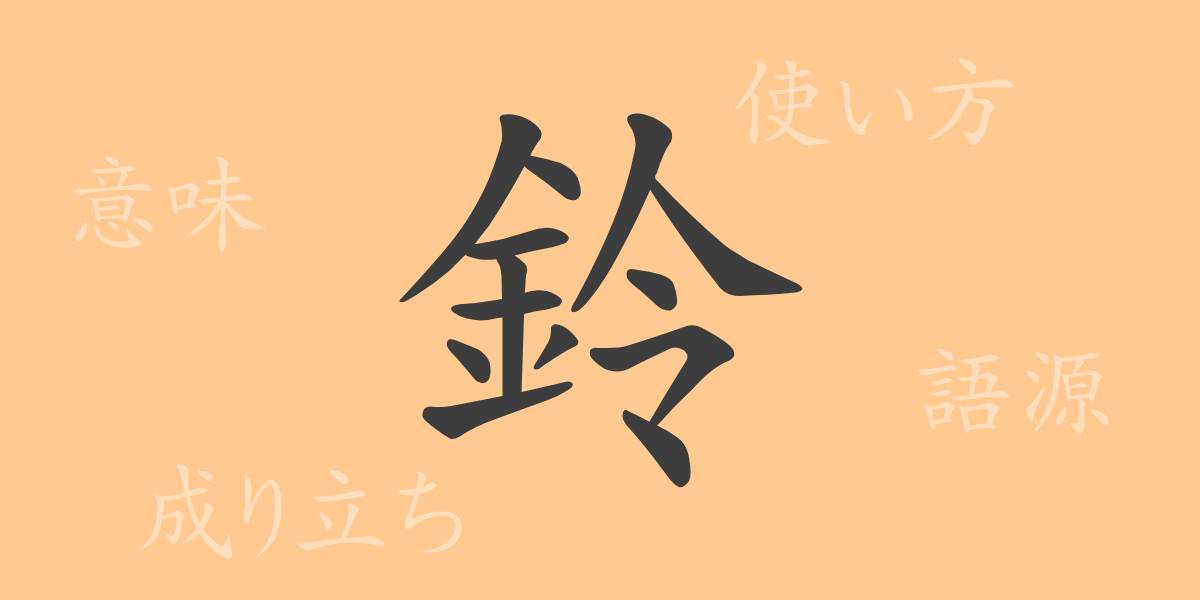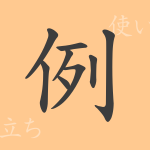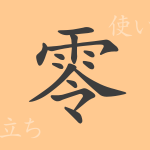The 常用漢字 (Jouyou Kanji) “鈴” (suzu) is deeply rooted in Japanese culture. Its delicate sound has accompanied people’s lives since ancient times, playing an important role in festivals and daily life. In this article, we will provide a detailed explanation of everything related to “鈴” (suzu), from its origin and meaning to its usage, pronunciation, and idiomatic expressions.
Origin of 鈴 (suzu)
The origin of “鈴” (suzu) comes from an ancient term meaning an instrument that produces sound. In ancient China, it was treated as a sacred object used in religious ceremonies and royal processions. In Japan, with the advent of Buddhism, “鈴” (suzu) began to be used in Shinto and Buddhist rituals and eventually spread to the general public. Made from materials such as iron and bronze, “鈴” (suzu) has been crafted in various shapes and sizes with the advancement of casting techniques.
Meaning and Usage of 鈴 (suzu)
“鈴” (suzu) is known for its clear sound and is used in various applications. In shrine festivals, it is used to announce the arrival of deities or to ward off evil spirits. As wind chimes, it is cherished as a summer tradition, believed to have a cooling effect with its refreshing sound. Small “鈴” (suzu) attached to pet collars help indicate the location of animals. Additionally, it is used as a musical instrument, playing an important role in traditional Japanese court music and folk music.
Pronunciation, Stroke Count, and Radical of 鈴 (suzu)
The kanji “鈴” (suzu) is listed in the 常用漢字 (Jouyou Kanji) table in Japan, and its pronunciation and structure are as follows:
- Pronunciation: On’yomi (音読み) is “レイ” (rei), Kun’yomi (訓読み) is “すず” (suzu)
- Stroke count: 13 strokes
- Radical: 金部 (kanehen)
Idioms, Phrases, and Proverbs Using 鈴 (suzu)
There are many idioms, phrases, and proverbs in Japanese that include “鈴” (suzu). For example, “鈴をつける” (suzu o tsukeru) refers to taking action to draw attention to something. “風鈴のよう” (fuurin no you) describes a refreshing and pleasant state. The proverb “鈴の音も金次第” (suzu no oto mo kane shidai) implies that the success or failure of something depends on the amount of money invested.
Summary of 鈴 (suzu)
Deeply connected to Japanese culture since ancient times, “鈴” (suzu) has enriched our hearts with its beautiful sound and has been useful in various situations. By understanding the pronunciation, meaning, and idioms involving “鈴” (suzu), one can appreciate the richness of the Japanese language and the depth of its culture. We hope that the sound of “鈴” (suzu) continues to bring color and harmony to our lives in the future.

























